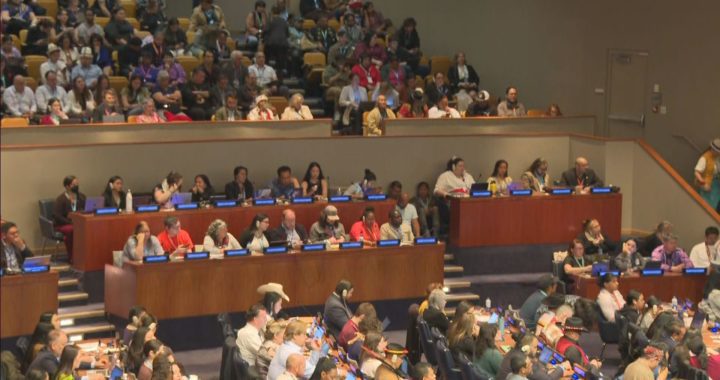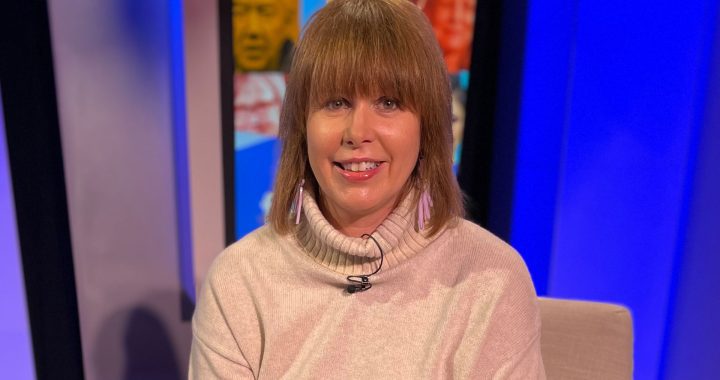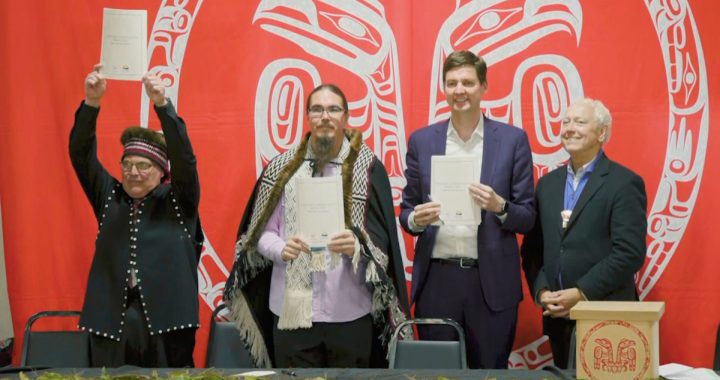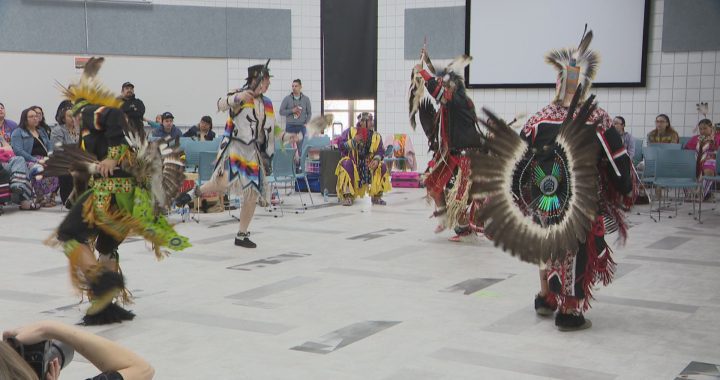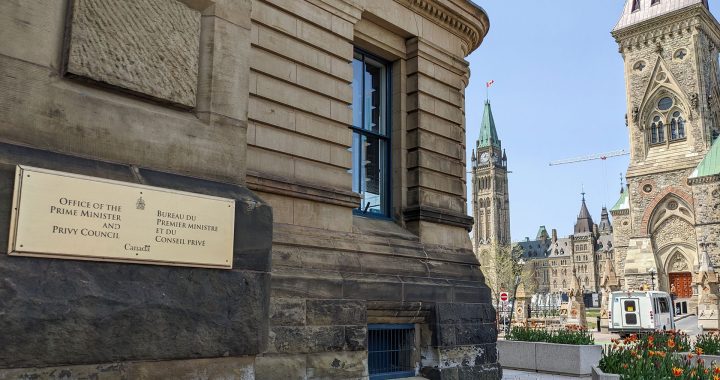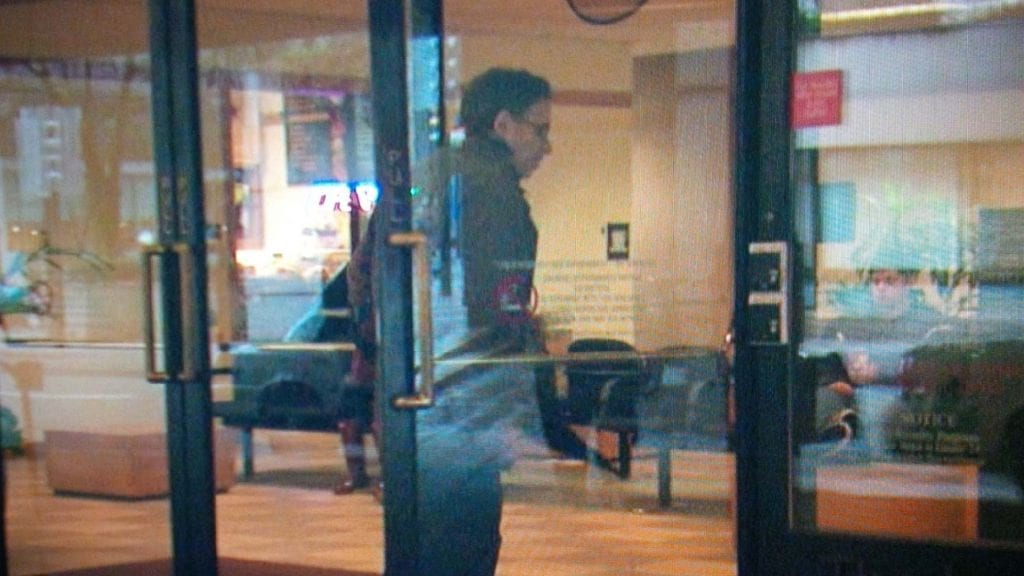
Lawyer Stephen Bronstein enters Vancouver court in 2013. Photo: APTN file
A Vancouver lawyer will serve a one-month suspension for the poor way he handled some residential school survivors who were his clients.
The professional misconduct case against Stephen Bronstein was heard May 26, 2020 by three members of a discipline committee at the Law Society of British Columbia.
But the penalty, which was proposed jointly by Bronstein and the society, was not made public until May 27, 2021.
Nor was the decision to accept it a unanimous one.
The chair of the committee, lawyer Karen Snowshoe, dissented on the final vote.
READ MORE:
IAP lawyer not cooperating with investigators
Snowshoe called the one-month suspension “grossly inadequate” and said it should have been rejected.
She said the panel should have held a disciplinary hearing to elicit “public confidence” in the society’s regulatory process.
Snowshoe also made recommendations to help the society hear from “vulnerable and marginalized complainants” as part of its disciplinary process in the future.
Because the committee accepted an agreed statement of facts, no clients were called as witnesses.
The other two members of the panel – lawyer David Layton and public representative J. Paul Ruffell – agreed “a one month suspension fell short of a fair and reasonable range of acceptable discipline outcomes.”
Enough evidence
But they said they didn’t feel there was enough evidence to find Bronstein guilty without his admission.
So they voted to accept the joint submission by a vote of two to one.
“We therefore accept the parties’ proposal on the basis that, while otherwise unduly lenient, it comes within the range of fair and reasonable outcomes,” they said in the 125-page decision.
Usually these decisions are released and posted on the society’s website within three months.
When APTN News inquired as to why this decision was delayed, it was told it was due to the COVID-19 situation.
In 2012
Questions about Bronstein’s work were first reported by APTN in 2012.
That’s when some survivors complained about the alleged actions of Ivon Johnny – a residential school survivor and paroled murderer – Bronstein employed as a contractor to collect clients’ paperwork.
Bronstein helped 1,400 survivors apply for compensation through the Indian Residential Schools Settlement Agreement [IRSSA] – an out-of-court process compensating survivors of serious physical and sexual abuse at notorious former residential schools.
Some of his clients – who were described as being unable to read or write – alleged Johnny was harassing them for a cut of their compensation money and they feared for their safety. Three of them filed affidavits with the court alleging Johnny took between $10,000 and $50,000 from them.
But Bronstein didn’t believe the accusations. He said he knew Johnny was on parole because he represented him as a client.
READ MORE:
Survivors set to give offender second chance
“It is unknown whether any of the complaints made against Mr. Johnny were true, and thus whether the Respondent’s lack of due diligence caused any clients actual harm,” the panel said in its decision.
Although no new criminal charges were laid against Johnny, his parole was revoked.
He was recently granted day parole, APTN can confirm.
A judge overseeing IRSSA put Bronstein’s work under supervision beginning in 2013 – at the lawyer’s expense. He was allowed to continue his practice, which the decision said consisted almost solely of filing compensation claims for survivors.
In the joint submission, Bronstein agreed he committed misconduct by failing to “adequately investigate” Johnny’s background before allowing him unsupervised access to clients.
Allegedly extorting
He also failed “to investigate adequately or address complaints” that Johnny was allegedly extorting money from clients, said the decision.
Bronstein further admitted to providing inadequate service to 17 clients, the decision said, by failing to document certain important communications properly, not replying to some communications, failing to inform clients regularly and take their instructions, and failing to advance some of their claims in a timely manner.
He also admitted, the decision said, to misconduct in his handling of their signed declarations, directing staff to remove the declarations and attaching them to revised forms clients approved over the phone without seeing them.
Along with the one-month suspension and paying $4,000 in costs, Bronstein was ordered not to act as counsel or agent for any “Sixties Scoop” claimants, and open his files to a practice review dating back to Jan. 1, 2017.
IRSSA operated from 2007 to 2012, and received nearly a billion dollars from Ottawa to compensate thousands of Indigenous children for funnelling them away from their families and into more than 130 state- and church-run schools between 1831 and 1996.
It was the largest class-action settlement in Canadian history.





